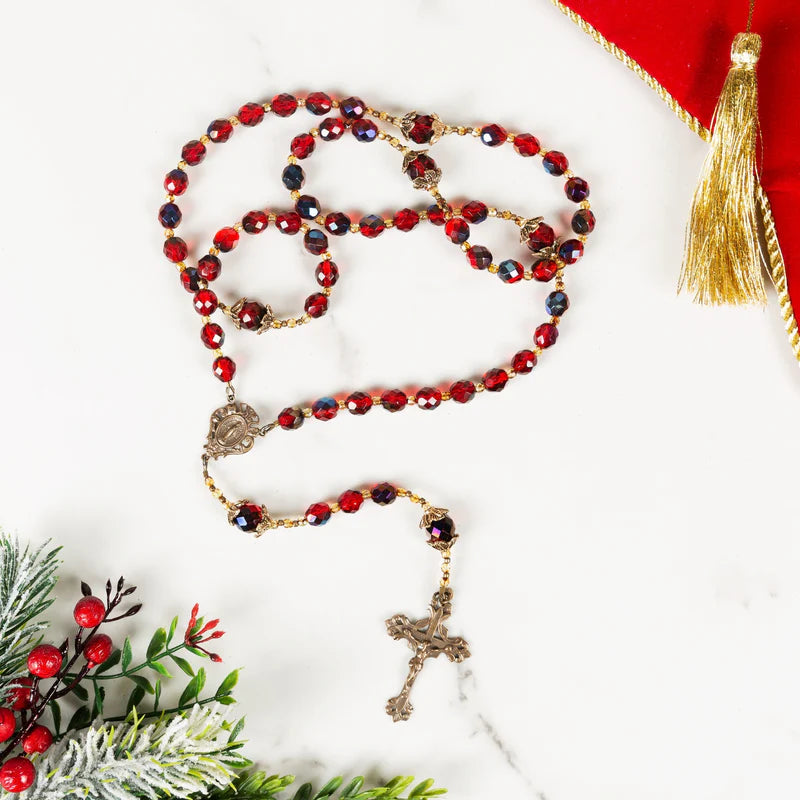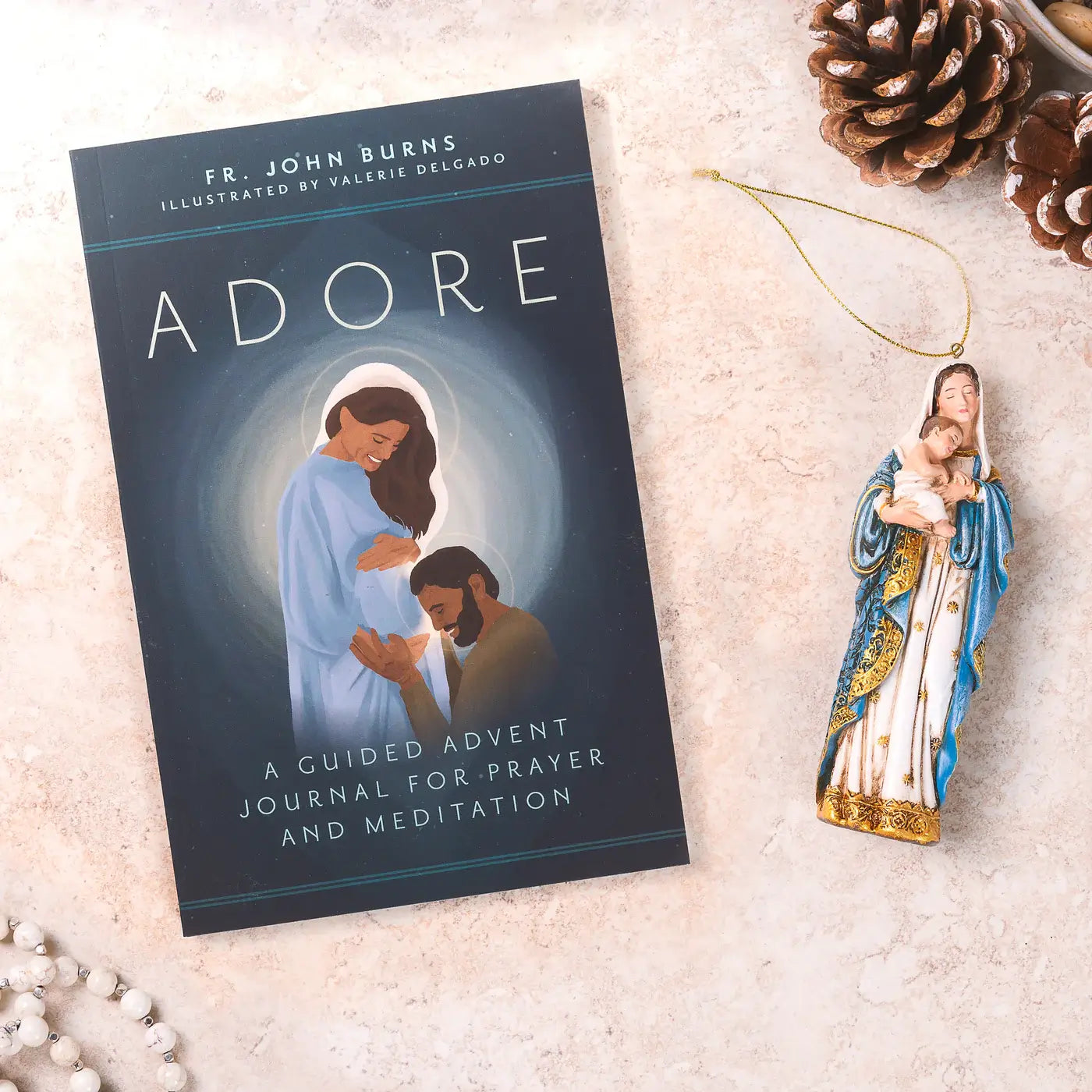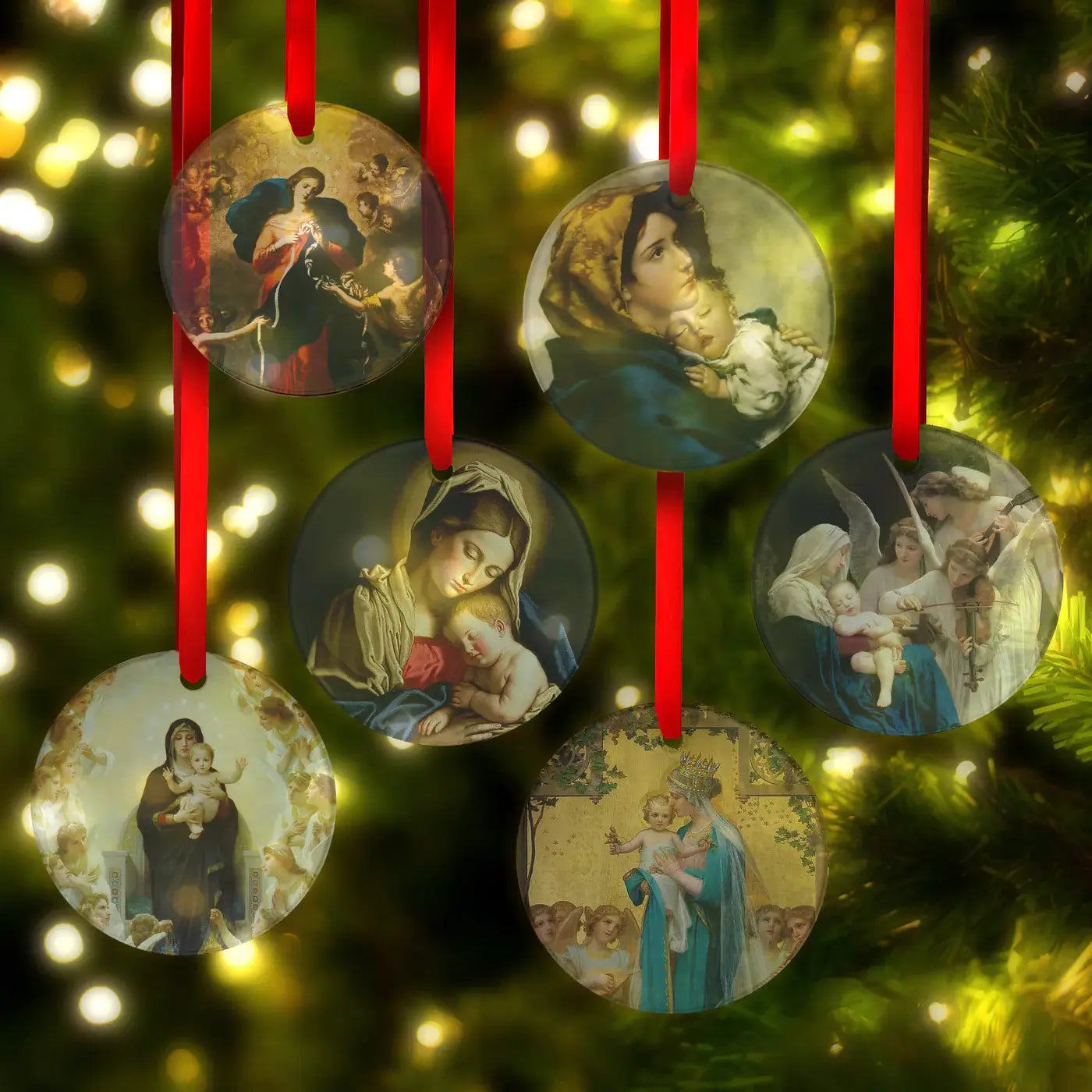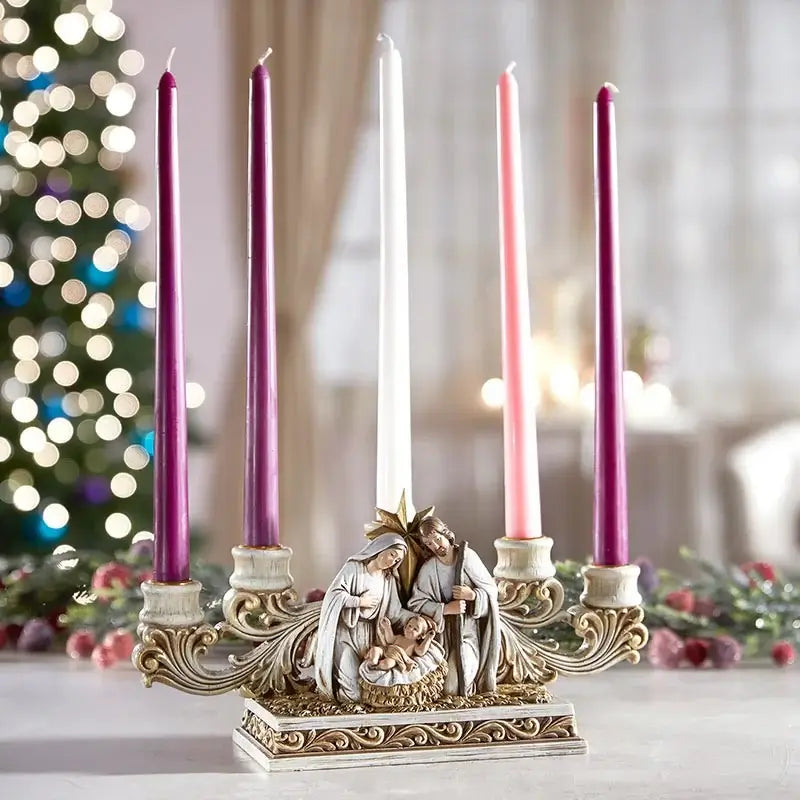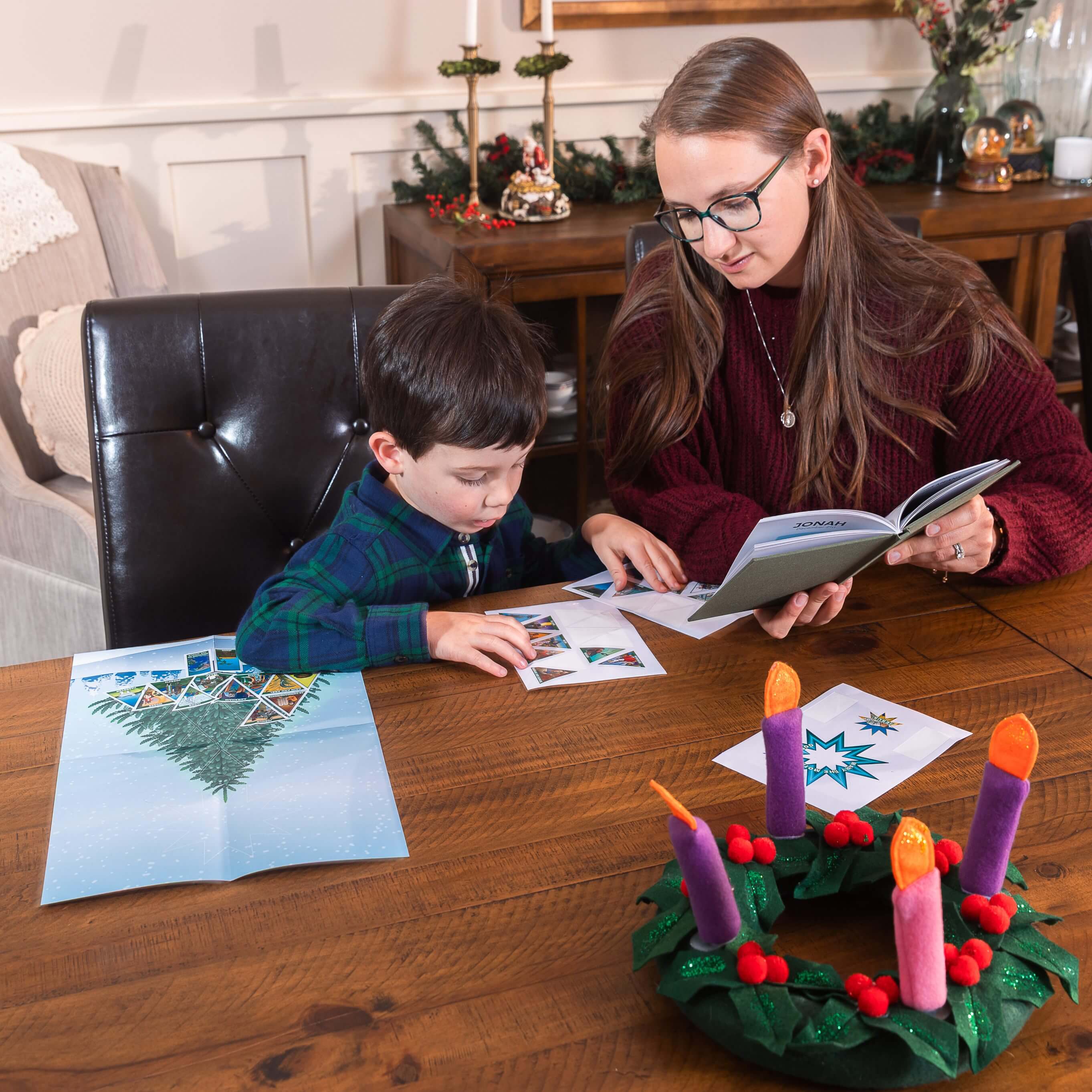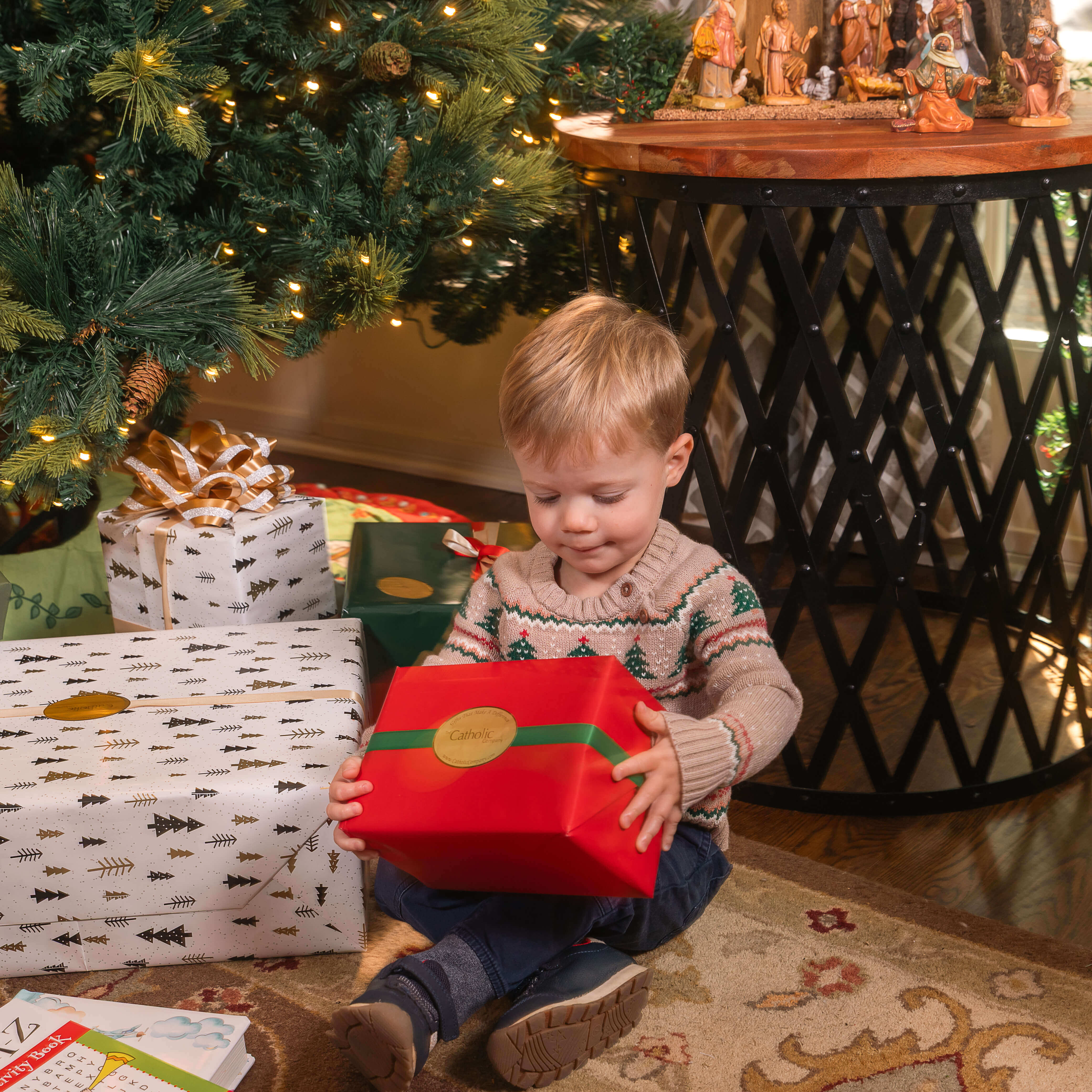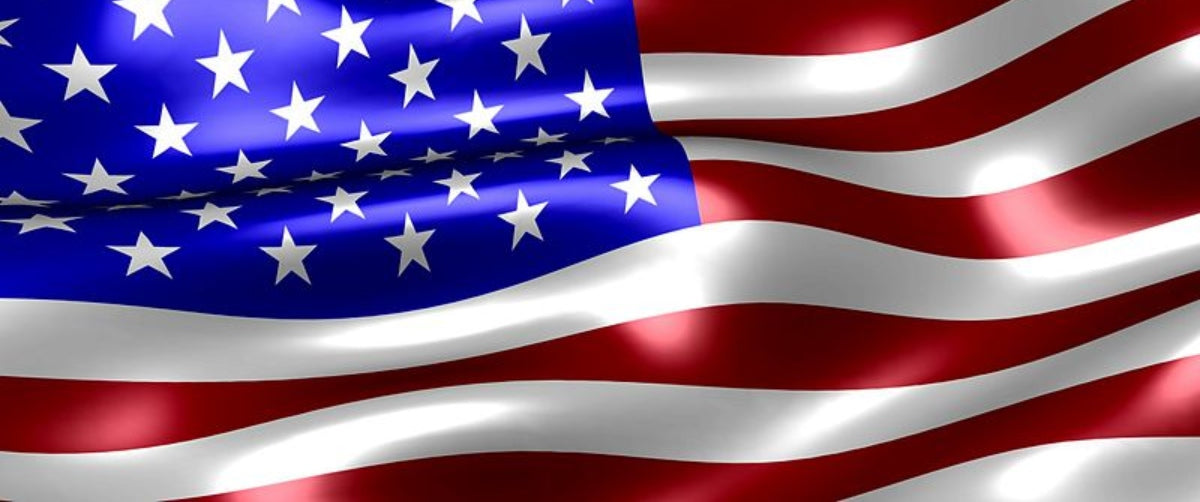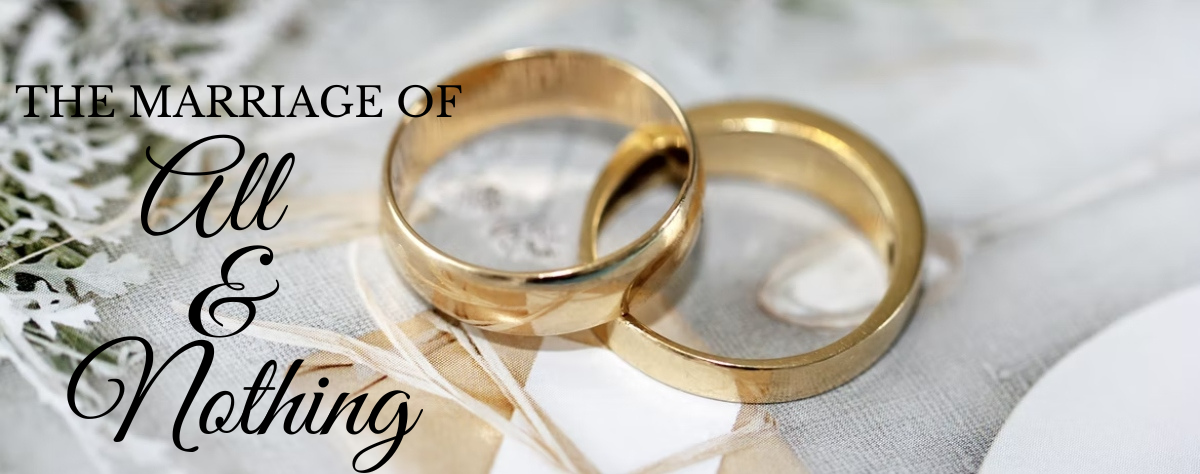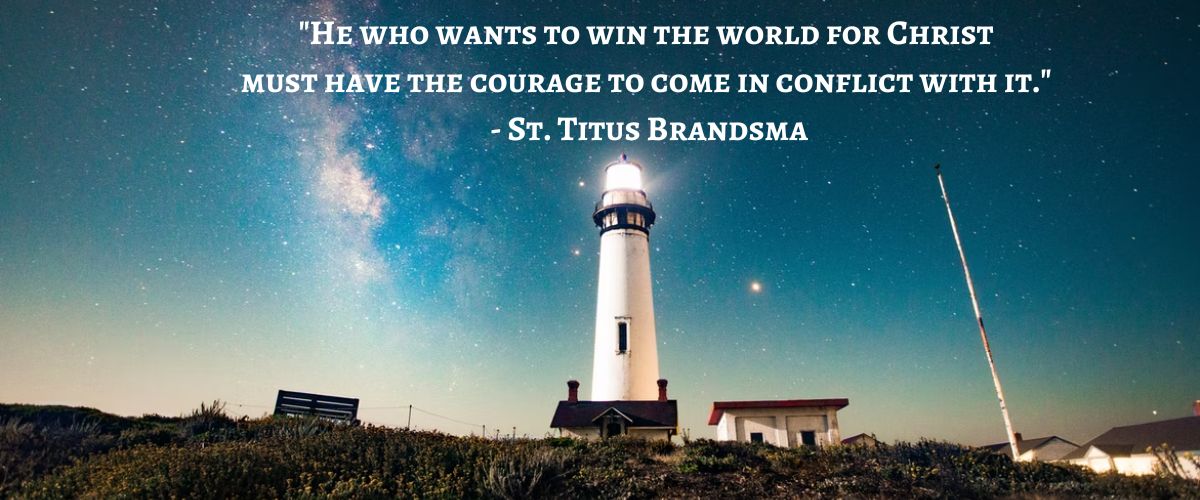Freedom is the hallmark of our American culture, yet many in our society misunderstand true freedom. The modern age has redefined it as the ability to determine your own personal truth and embrace that regardless of the consequences.
A culture anchored in variable truths seduces you to believe you are held captive by others. That you must reject what keeps you from living your best life, in order to receive the happiness you deserve. Sadly, even this rejection does not free the human heart. Turned inward, trapped within our relative versions of the truth, we become even more enslaved to the world.

The Way, the Truth & the Life
What frees man is not a personal or relative truth. It is not a truth dictated by culture or society. It is not even your truth or mine. True freedom is not that small. True freedom consists in belonging to the Infinite and Divine. Only He can fulfill our deepest desires to experience love, peace, joy, and freedom.
The paradox and the great mystery of Christianity is that to be truly free, we must be bound to Someone in obedience. The life of Jesus models this obedience. He went willingly to His death, freely obedient to God the Father. He freely gave His life, for love of mankind. We relive this gift in the Holy Sacrifice of the Mass.
"I am the way, the truth and the life," said Christ. (John 14:6)
"You will know the truth, and the truth will set you free." (John 8:32)

Obedience & Freedom
Our impoverished view of freedom elevates "free spirits," who reject the captivity of conventional norms, values, and commitments embraced by others. The media romanticizes them, portraying them with such awe that an ordinary life pales in comparison.
For each of us whose life is plain vanilla - completely ordinary - I have good news:
Life in Christ offers something exciting and radical! It does not free us from others, but for them. Because we are children of God, and with His grace, we can learn to embrace others with the sacrificial love He modeled, and we are made free.
"This is why the Father loves me, because I lay down my life in order to take it up again. No one takes it from me, but I lay it down on my own. I have the power to lay it down, and the power to take it up again. This command I have received from my Father." (John 10: 17-18)
Pope St. John Paul II wrote that there is no contradiction between obedience and freedom. By dying on the Cross for us, Christ revealed the mystery of human freedom as the path of obedience to the Father, and the mystery of obedience as the path to true freedom.

Our Identity in Him
Without our connection to the Lord, we are destined to be enslaved by every element of the world. There are more than we can name together: the state, history, the dominant culture, biology, our personal circumstances, fears and cares, the opinions and demands of others...
The only way to freedom is through the love of Someone beyond this world who can transform our hearts. This transformation enables us to rise above this world and set our gaze on the next. God is the only fixed point in this equation.
Through the person of Jesus, His Sacraments, Holy Mother Church, His Word, and the rest of the Body of Christ, we attain our freedom. Jesus connects us to the mysteries beyond this world that allow us to rise above it and be free in spite of it.
Because of Him, I can proclaim that the world can never conquer or possess me. I am greater than the power of the world, because I am truly free in Christ. United to Him, in relationship with Him, I possess true freedom beyond and outside of the world.
My identity - my freedom - is defined by my relationship with God, by belonging to Him, and not to anything else that seeks to hold me. No circumstance, entity, or person, great or small, owns me. I belong only to Him. That identity exists in a special way within His Body, the Church. For us as Christians and Catholics, it is the liberating presence in a disordered world.

Obedience to the Church
For some, this obedience to the Church is a stumbling block. It's only possible to the extent that we can trust the One whom we know loves us. Our Heavenly Father loves us more tenderly than any earthly father can, and He only desires the best for His beloved children.
Trusting in that, even when we do not understand it, can be a challenge. When the prevailing values in society diverge from the teachings of the Church, our faith in the institution is tested. Detaching from the world is difficult in a culture building itself on moveable truths.
The Lord knows this, and He gives us a remarkable gift in the sacramental life of the Church. Through the Sacraments, especially the Eucharist and Reconciliation, we experience the freedom - and the obedience - that imitate His Son's, so that God the Father may "see and love in us what You see and love in Christ." (from the Preface of Sunday in Ordinary Time VII).
When we gather to worship Him at Mass, we do not gather to celebrate ourselves and our independent ways of life. We gather to link our lives to His. There, we offer Him our entire existence, and we receive His, so that we can taste, in the present moment, the divine freedom we will know together in eternity.
[[5533, battle-hymn-american-flag-mug]]
Sharing Our Freedom
Only through an intimate relationship with God are we free enough to love and serve others, despite the captivity of our everyday lives. St. Maximillian Kolbe is a perfect example. The martyred priest imprisoned in Auschwitz offered his own life in place of a husband and father the Nazis planned to execute.
Tortured to death in the concentration camp, he died in the despicable reality of the Holocaust, while living radically free in Christ.
We may never have such an extraordinary mission, but it is our mission as the Body of Christ to know God and to make Him known. When we point humanity toward the Divine Mystery, we light the way for others to desire and experience true freedom.
When we witness to the glory of God, we reveal the path of liberation from the oppressive elements of this world. Then we know and live the freedom God intended for His children. In a radical embrace of that freedom, we renew our own faith and hope in His promise - and the life of the world to come.


